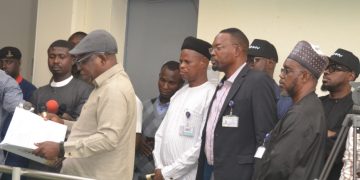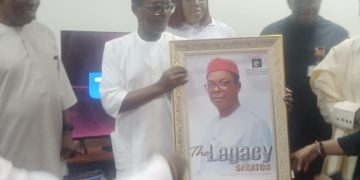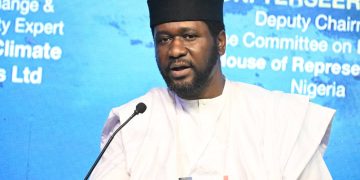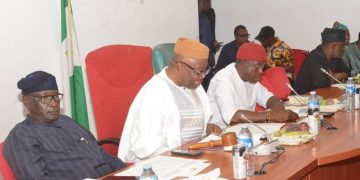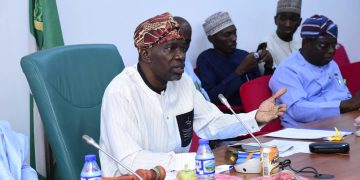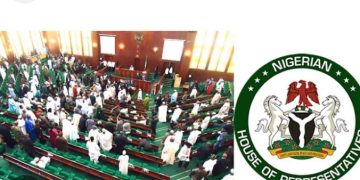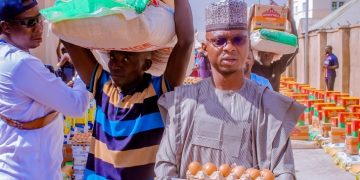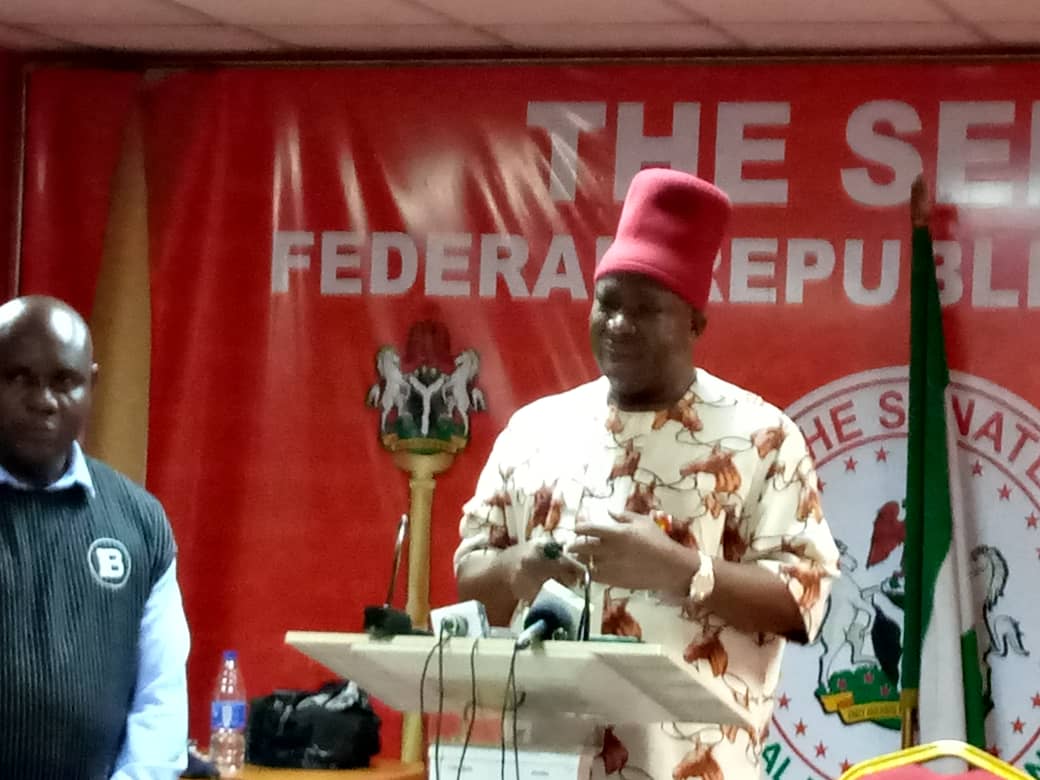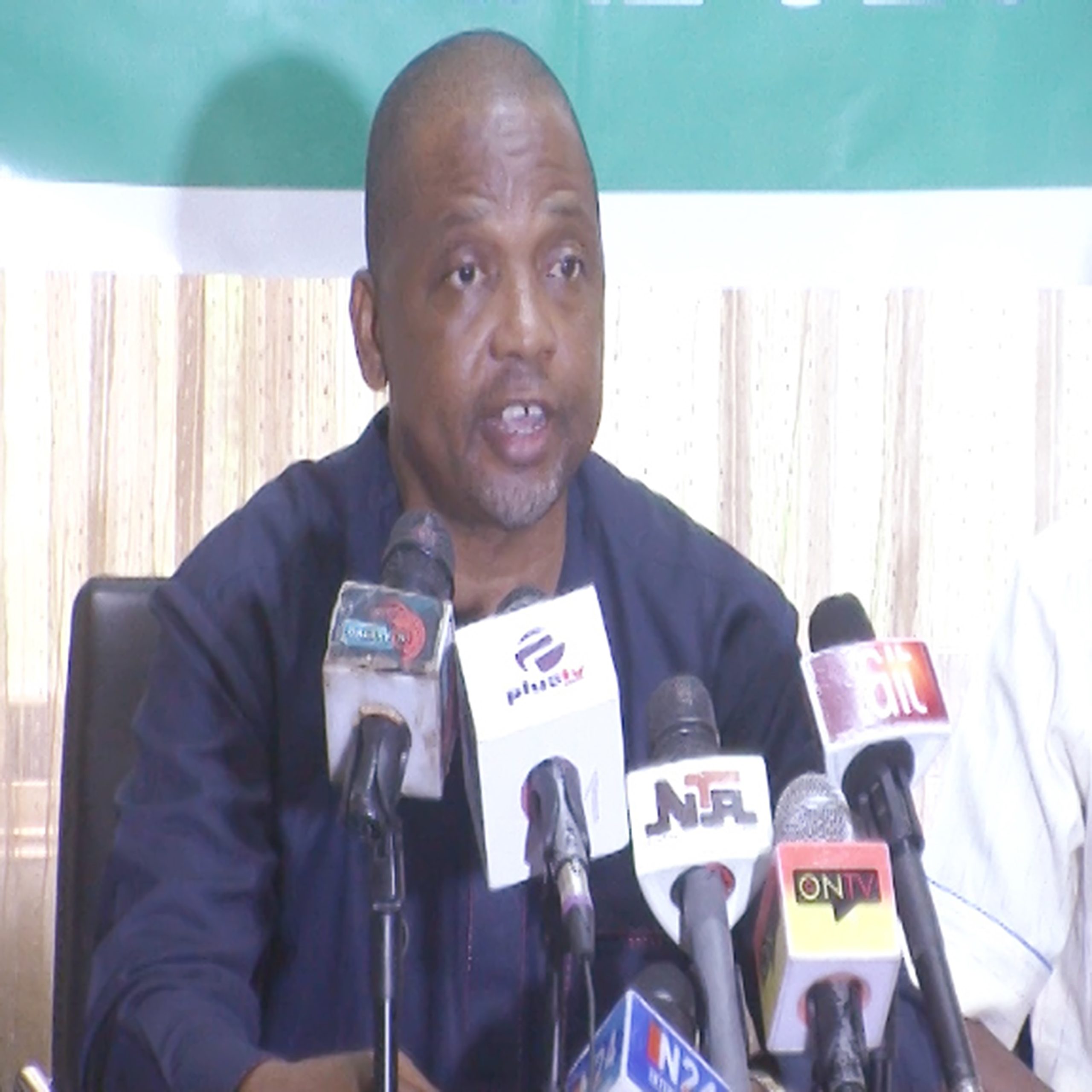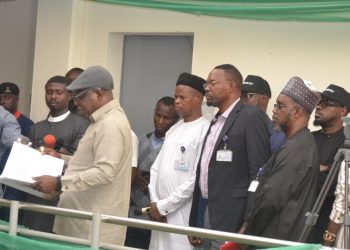By Michael Agbaji
The Senate, on Thursday, ask the Federal Government to protection local metre manufacturers following the approved US15$5 Million World Bank loan for the National Mass Metering Programme, NMMP by federal government.
In the motion sponsored by Senator Umeh Victor LP from (Anambra Central) during plenary noted that it’s the duty of industry procurement regulators in every developing economy to protect the local manufacturers “and would only try to augment importation of goods and services where there is a clear-cut gap between local production and consumption.
According to him,members of the association of meter manufacturers of Nigeria, AMMON are capable of producing world standard smart electricity meters hence the Transmission Company of Nigeria TCN and the Nigerian Electricity Regulatory Commission NERC under phrase 1of the mass metering programme of the federal government issued the association after a competitive bidding process a letter of No objections to award four million in 2022
Senator Umeh also revealed that the World Bank has approved a US$155 Million p loan for the National Mass Metering Programme NMMP Phase 1, but after eight months of awards to local manufacturers, withdrew funding which affected the workability of the programme
He however, worried that ongoing World Bank funded NMMP Phase 2 seeks to promote foreign companies participation against competent and pre-qualified local meter manufacturers will ultimately result in the loss of jobs and revenue”, adding that “a deliberate policy to prioritize local manufacturing will catalyse job creation and economic growth
Sen.Umeh in his motion informed the. Senate that TCN, on behalf of the World Bank, closed the bidding advertisement on July 11, 2023, and further extended it to July 25, 2023, for the supply and installation of 1.2 million smart meters to the 11 distribution companies in the country.
resolution,urge the federal government to immediately suspend the TCN Tender for the World Bank-funded NMMP Phase 2 in order to undertake a comprehensive review of the procurement criteria to prioritize local manufacturing and assembling in line with the Local Content and Backward Integration Policy that catalyzes focal capacity building, employment generation and economic growth for Nigeria.
He also asked the TCN and other stakeholders to negotiate and engage the African exports import Bank, AFREXIM, and the African Development Bank, AFDB for an alternative loan if World Bank loan conditions do not favour local economic growth at this critical time of massive unemployment and devaluation of the naira


